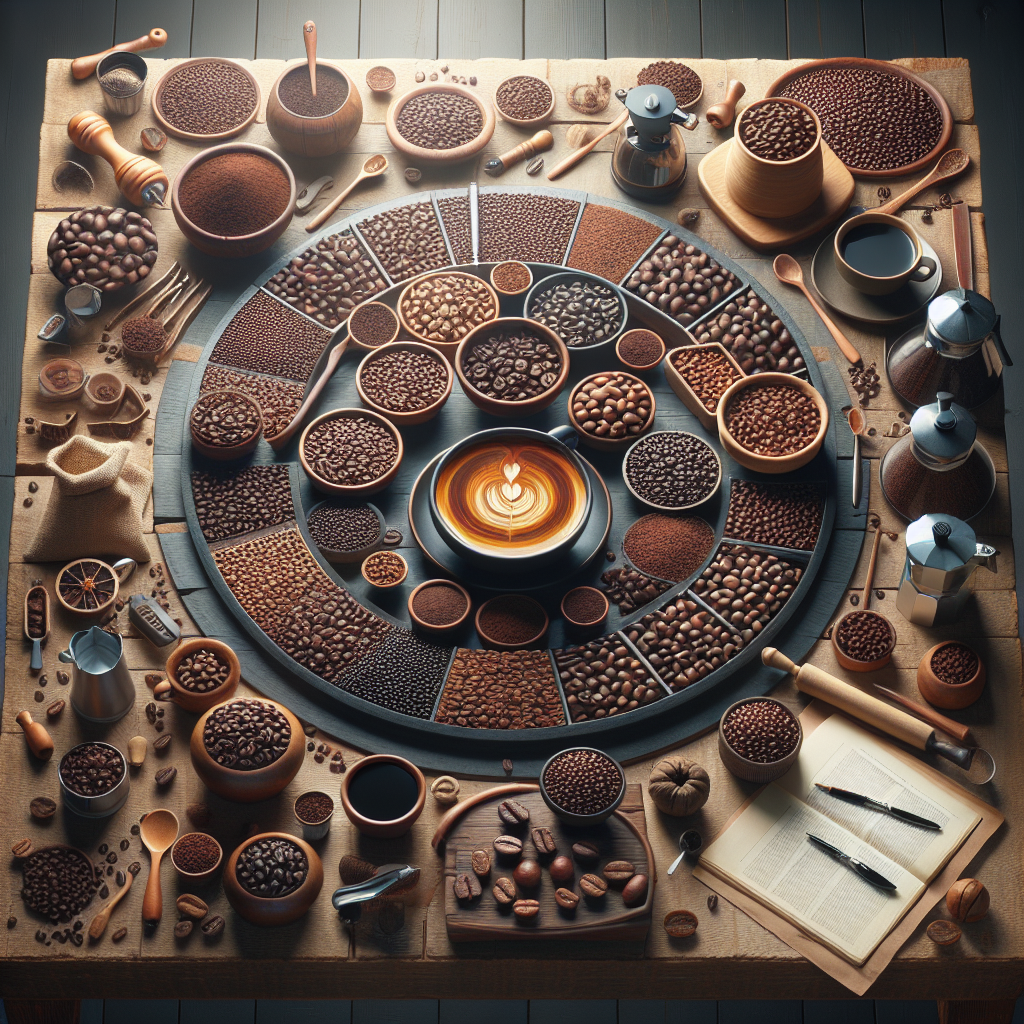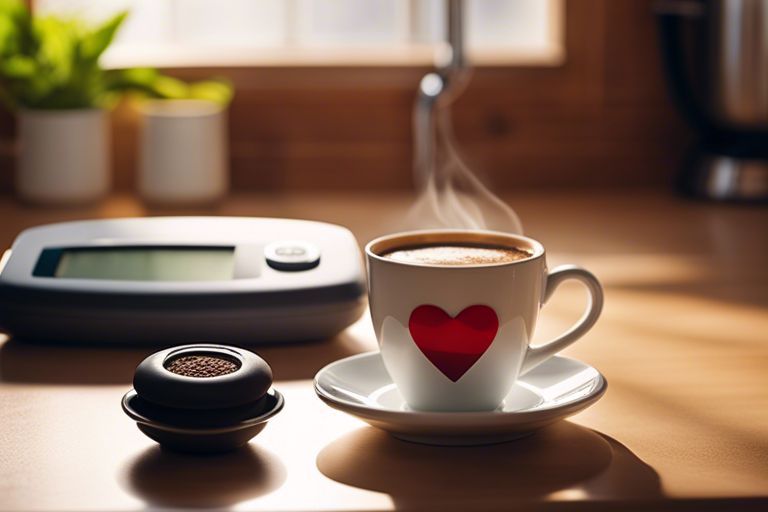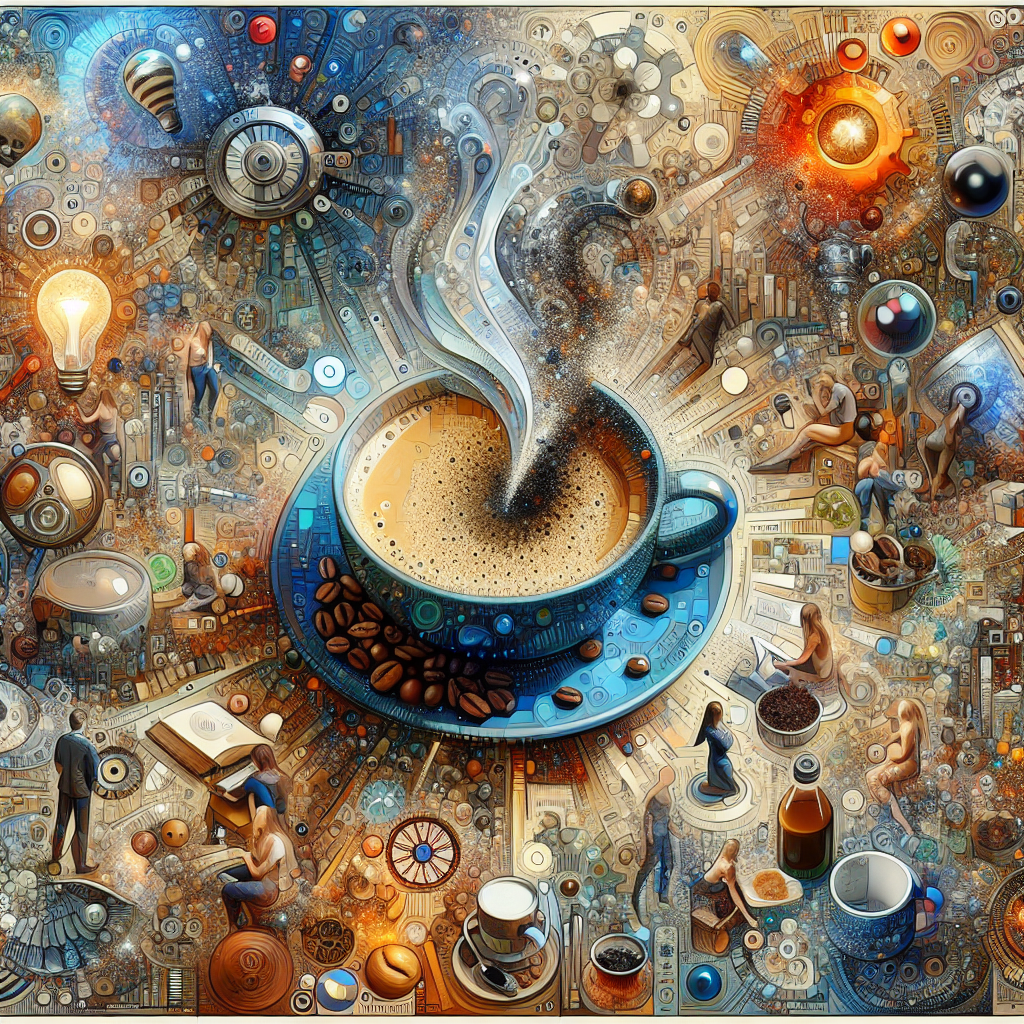Introduction
Imagine waking up to the rich aroma of freshly brewed coffee, the scent enveloping your senses and promising a delightful start to your day. But not all coffee is created equal. The magic lies in the beans you choose. So, which coffee bean is best? Let’s embark on this aromatic journey to find out.
- Understanding Coffee Beans
- Types of Coffee Beans
- Factors Influencing Coffee Bean Choice
- The Importance of Fresh Grinding
- Conclusion
- FAQs
Understanding Coffee Beans
Coffee beans are the heart of every cup of coffee. Their origin, type, and even the way they’re processed can significantly affect the flavor profile of your brew. Whether you’re a casual drinker or a connoisseur, understanding what makes each bean unique is essential.
Arabica vs. Robusta
The two most popular types of coffee beans are Arabica and Robusta. Arabica beans are known for their smooth, complex flavors and low acidity, making them a favorite among many coffee lovers. On the other hand, Robusta beans have a stronger, more bitter taste and higher caffeine content, ideal for those who prefer a bolder cup.
Types of Coffee Beans
Choosing the right type of coffee bean depends on your personal preference and brewing method. Let’s explore some common varieties:
- Single-Origin Coffee: These beans come from a specific region or farm, offering unique flavor profiles that reflect their terroir.
- Blended Coffee: A mix of beans from different regions, blended to create a balanced and consistent flavor.
- Specialty Coffee: High-quality beans that are carefully sourced and roasted to highlight their unique characteristics.
For more detailed guidance on selecting and preparing your own beans, check out our comprehensive guide on buying and grinding your own coffee beans.
Factors Influencing Coffee Bean Choice
When selecting coffee beans, consider the following factors:
Origin
The region where the coffee is grown can impact its flavor. For instance, Ethiopian beans are often fruity and floral, while Colombian beans are known for their well-balanced taste.
Roast Level
The roast level affects the flavor profile and intensity of the coffee. Light roasts retain more of the bean’s original flavors, while dark roasts offer a richer, more robust taste.
Freshness
Freshly roasted beans provide the best flavor. Look for roast dates on packaging and aim to use your beans within a few weeks of roasting.
The Importance of Fresh Grinding
Grinding your coffee just before brewing ensures maximum freshness and flavor. Pre-ground coffee loses its aroma and taste over time. For optimal results, invest in a quality grinder and grind your beans according to your preferred brewing method.
For Keurig users, understanding the correct grind size is crucial. Learn more about the right grind for your Keurig to enhance your coffee experience.
Conclusion
Choosing the best coffee bean is a personal journey that depends on your taste preferences and brewing methods. By understanding the different types of beans and factors influencing their flavor, you can elevate your coffee experience to new heights.
Key Takeaways
- Understand the difference between Arabica and Robusta beans.
- Consider single-origin, blended, or specialty coffee based on your taste.
- Pay attention to the origin, roast level, and freshness of the beans.
- Grind your beans just before brewing for the best flavor.
FAQs
What is the best type of coffee bean for beginners?
For beginners, we recommend starting with Arabica beans due to their smooth and complex flavors.
How should I store my coffee beans?
Store your coffee beans in an airtight container in a cool, dark place to maintain freshness.
Is it worth investing in a more expensive coffee maker?
A higher-end coffee maker can enhance your brewing experience by providing better temperature control and extraction. Learn more about whether it’s worth the investment in our article on expensive coffee makers.
In conclusion, finding the best coffee bean is an ongoing adventure filled with delightful discoveries. Embrace the journey, experiment with different beans, and savor each cup as you refine your palate and uncover new favorites.








